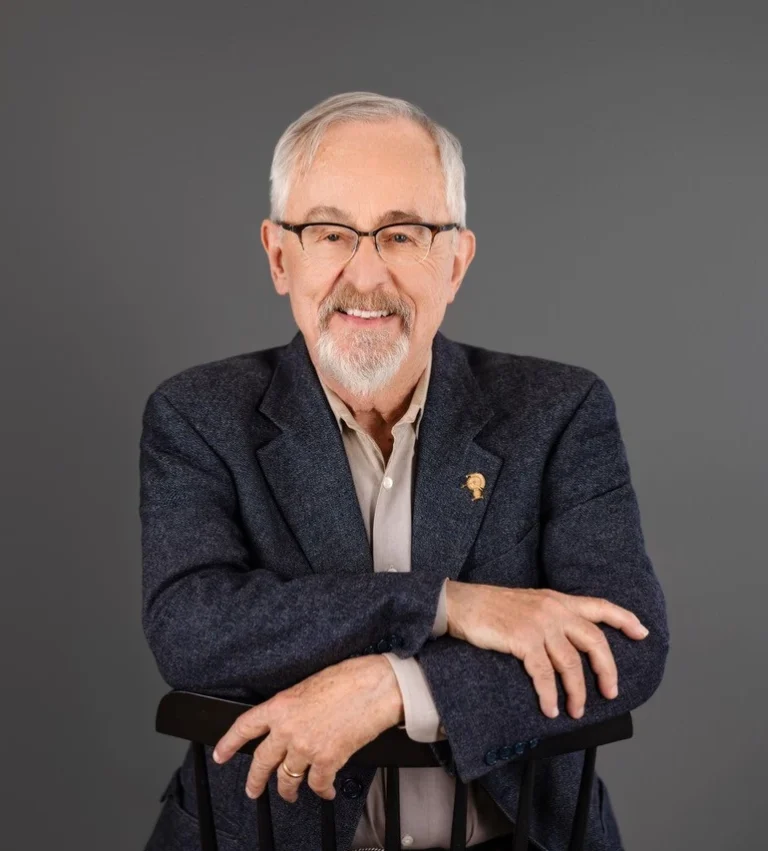Richard Larson
Honored as “Most Inspiring Leader of the Year, 2025”

Richard Larson, Mitsui Professor at MIT in Cambridge, Massachusetts, exemplifies the transformative power of intellectual curiosity, unwavering values, and mentorship. Honored as the “Most Inspiring Leader of the Year, 2025” by the CToday Awards, Richard’s legacy is rooted not only in academic excellence but in a lifetime of bridging research and real-world application. A pioneer in Operations Research (OR), his journey reminds us that inspiration often begins with asking questions no one else dares to ask—and staying true to oneself while finding the answers.
From Serendipity to Service: A Career Sparked by Curiosity
The trajectory of Richard’s career was forever altered by an unexpected twist—an encounter with grand larceny during his time as an MIT graduate student. Driven to understand the systems behind criminal identification, he checked out a stack of books from the library. When his faculty advisor, Professor Alvin W. Drake, noticed and asked about his readings, Richard explained his interest. Rather than brushing it off, Professor Drake saw potential and encouraged Richard to turn this into a formal graduate project. That pivotal moment introduced him to Operations Research and immersed him in the world of urban policing, spending over 200 hours in Boston police patrol cars. That curiosity and lived experience soon led him to the national stage. When the President’s Crime Commission needed someone with both technical expertise and field knowledge of criminal justice, Richard became the youngest member of the Science and Technology Task Force. It was a launchpad not just for a career, but a mission.
Over his decades-long career, Richard has remained unshaken in his values: be honest, lead by example, stay curious, and embrace new knowledge. “I cannot think of a time when I adjusted my values because of cultural or industry issues,” he says. Instead, when his integrity didn’t align with external environments, he chose to walk away. For Richard, leadership was never about accommodation—it was about alignment, principle, and purpose.
Recognition Beyond the Resume
Though awards such as the CToday honor are humbling, Richard views professional recognition through a broader lens. “Recognition comes over time—as the products of one’s research and the students one has mentored begin to create positive societal impacts.” With his research legacy secured and mentoring complete, Richard finds deep personal fulfillment in seeing former students drive change across disciplines and industries. For him, each milestone is not an endpoint but a ripple in a larger continuum of impact.
Looking Ahead: Where OR Meets AI
Richard has long viewed Operations Research as a horizontal bridge connecting vertical disciplines. Naturally cross-functional, OR continues to evolve, and today, AI plays an increasingly prominent role in reshaping the field. “Some inventions of the past, like my own Queue Inference Engine (QIE) from 1990, would today be labeled as AI,” he notes. This blend of old and new underscores his belief that foundational ideas are timeless, often just waiting for the right context to be fully realized.
Advice for the Future: Don’t Follow the Crowd
To those entering the workforce or academia, Richard offers a warning: Beware the safety of conformity. “Following the crowd may get you published,” he says, “but it won’t get you to the mountaintop.” Instead, he champions bold thinking, a questioning mindset, and the courage to challenge assumptions. As new tools and technologies emerge, the skill of asking the right questions—and having the courage to pursue them—will become more valuable than ever.
